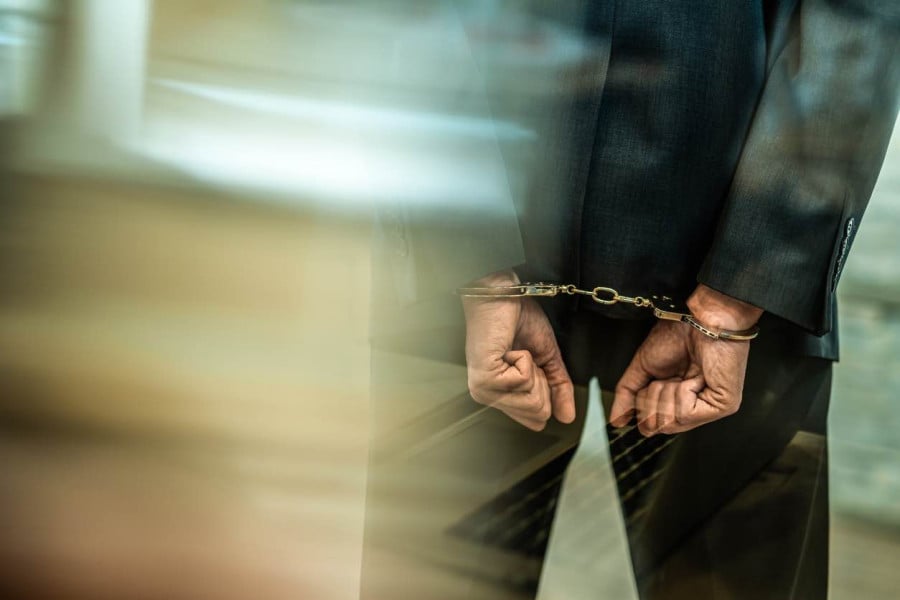Corporate Crime In Sport - How The Economic Crime & Corporate Transparency Act Impacts Sports Organisations

The Economic Crime and Corporate Transparency Act 2023 (the Act) received royal assent on 26 October 2023. Among its many provisions are changes intended to make it easier to secure the successful prosecution of commercial organisations. The new law appears likely to represent the biggest change to the corporate criminal enforcement landscape for several decades.
The government believes that there is "clear evidence" that corporate structures are being used by criminals to conduct economic crimes such as bribery, fraud and money laundering[1]. Like all business sport is not immune from such practices. For example if a football manager met with an agent to pay a “bung” (vernacular for a “bribe” in any other walk of life) in order to secure the signature of a Player for his Club, it is quite likely that The Bribery Act would be engaged, and it is possible that both the manager and his Club could be prosecuted under the new act. If a sporting organisation’s directors or senior managers agreed with a star player to pay a certain proportion of his or her wages offshore for “image rights” (thereby minimising the star's tax bill) when there was in fact no lawful basis to pay any sums offshore then the Act would render the Club – and the star - potentially liable for offences of fraud and money laundering[2].
For decades the authorities have been convinced that bribery and tax fraud has been rife in sport and that sport has been used to launder money. Whether or not the old cliches about “bungs’ and “boot money” payments are in fact true in 2023 it is the view of the authors that the Serious Fraud Office (SFO), the National Crime Agency and the Crown Prosecution Service would see a high-profile prosecution of a Club as a momentous prosecution. In addition, the financial penalties – and confiscation orders – made against a Club in the event of a conviction would far outweigh those that could be made against individuals.
This article analyses:
- What the new law does
- How it could impact on the sports industry
- How the risks that the new law presents can be mitigated.
To continue reading or watching login or register here
Already a member? Sign in
Get access to all of the expert analysis and commentary at LawInSport including articles, webinars, conference videos and podcast transcripts. Find out more here.
- Tags: Bribery Act 2010 | Corporate | Crime | Criminal | Economic Crime & Corporate Transparency Act 2023 | Football | Image Rights | UK
Related Articles
- The current legal status of image rights companies in football
- Bribery in football and corruption at the IAAF – How does the Bribery Act 2010 apply?
- Corporate criminal liability: How the Criminal Finances Act 2017 presents a fresh challenge for English football clubs
- What sports organisations need to know about the new failure to prevent fraud offence
Written by
Jeremy Summers
In addition to being a leading business crime lawyer, Jeremy also heads the sports team at Osborne Clarke where he has been a partner since 2015.
Jim Sturman KC
Jim Sturman KC is joint Head of Chambers at 2 Bedford Row and is a specialist advocate in crime, business crime, fraud, global investigations and corporate advisory work including corruption, reputation management and data protection, health and safety and sports law.





